Description
Betnovate Cream 5Gm
Description :
Betnovate skin preparations contain betamethasone valerate (1 mg/g or 1 mg/mL as appropriate).
Indications / Uses :
Betnovate is a potent topical corticosteroid indicated for adults, elderly and children >1 year for the relief of inflammatory and pruritic manifestations of steriod responsive dermatoses. These include atopic dermatitis (including infantile atopic dermatitis), nummular dermatitis (discoid eczema), prurigo nodularis, psoriasis (excluding widespread plague psoriasis), lichen simplex chronicus (neurodermatitis) and lichen planus, seborrhoeic dermatitis, irritant or allergic contact dermatitis, discoid lupus erythomatosus, adjunct to systemic steroid therapy in generalized erythroderma, insect bite reactions and miliaria (prickly heat).
Contraindications :
The following conditions should not be treated with Betnovate: Untreated cutaneous infection, rosacea, acne vulgaris, pruritus without inflammation, perianal and genital pruritus and perioral dermatitis.
Use in children: Contraindicated in dermatoses in infants <1 year, including dermatitis.
Special Precautions :
Hypersensitivity to corticosteroids or to any of the excipients in the preparation. Local hypersensitivity reactions may resemble symptoms of the condition under treatment (see Adverse Reactions).
Manifestations of hypercortisolism (Cushing’s syndrome) and reversible hypothalamic-pituitary-adrenal (HPA) axis suppression, leading to glucocorticosteroid insufficiency, can occur in some individuals as a result of increased systemic absorption of topical steroids. If either of the previously mentioned are observed, withdraw the drug gradually by reducing the frequency of application, or by substituting a less potent corticosteroid. Abrupt withdrawal of treatment may result in glucocorticosteroid insufficiency (see Adverse Reactions).
Risk factors for increased systemic effects are: Potency and formulation of topical steroid, duration of exposure, application to a large surface area, use on occluded areas of skin eg, on intertriginous areas or under occlusive dressings (in infants the nappy may act as an occlusive dressing), increased hydration of the stratum corneum, use on thin skin areas eg, the face, use on broken skin or other conditions where the skin barrier may be impaired and in comparison with adults, children may absorb proportionally larger amounts of topical corticosteroids and thus, be more susceptible to systemic adverse effects. This is because children have an immature skin barrier and a greater surface area to body weight ratio compared with adults.
Infection Risk with Occlusion: Bacterial infection is encouraged by the warm, moist conditions induced by occlusive dressings and so the skin should be cleansed before a fresh dressing is applied.
Use in Psoriasis: Topical corticosteroids may be hazardous in psoriasis for a number of reasons including rebound relapses, development of tolerances, risk of generalized pustular psoriasis and development of local or systemic toxicity due to impaired barrier function of the skin have been reported in some cases. If used in psoriasis, careful patient supervision is important.
Application to the Face: Prolonged application to the face is undesirable as this area is more susceptible to atrophic changes.
Concomitant Infection: Appropriate antimicrobial therapy should be used whenever treating inflammatory lesions which have become infected. Any spread of infection requires withdrawal of topical corticosteroid therapy and administration of antimicrobial agents.
Chronic Leg Ulcers: Topical corticosteroids are sometimes used to treat the dermatitis around chronic leg ulcers. However, this use may be associated with a higher occurrence of local hypersensitivity reactions and an increased risk of local infection.
Effects on Ability to Drive or Operate Machinery: There have been no studies to investigate the effect of Betnovate on driving performance or the ability to operate machinery. A detrimental effect on such activities would not be anticipated from the adverse reaction profile of topical Betnovate.
Impairment of Fertility: There are no data in humans to evaluate the effect of topical corticosteroids on fertility.
Use in pregnancy: There are limited data from the use of Betnovate in pregnant women.
Topical administration of corticosteroids to pregnant animals can cause abnormalities of fetal development (see Pharmacology: Toxicology under Actions).
The relevance of this finding to human beings has not been established; however, administration of Betnovate during pregnancy should only be considered if the expected benefit to the mother outweighs the risk to the fetus. The minimum quantity should be used for the minimum duration.
Use in lactation: The safe use of topical corticosteroids during lactation has not been established. It is not known whether topical administration of corticosteroids could result in sufficient systemic absorption to produce detectable amounts in breast milk. Administration of Betnovate during lactation should only be considered if the expected benefit to the mother outweighs the risk to the infant. If used during lactation, Betnovate should not be applied to the breasts to avoid accidental ingestion by the infant.
Use in children: In infants and children <12 years, long-term continuous topical corticosteroid therapy should be avoided where possible, as adrenal suppression can occur.

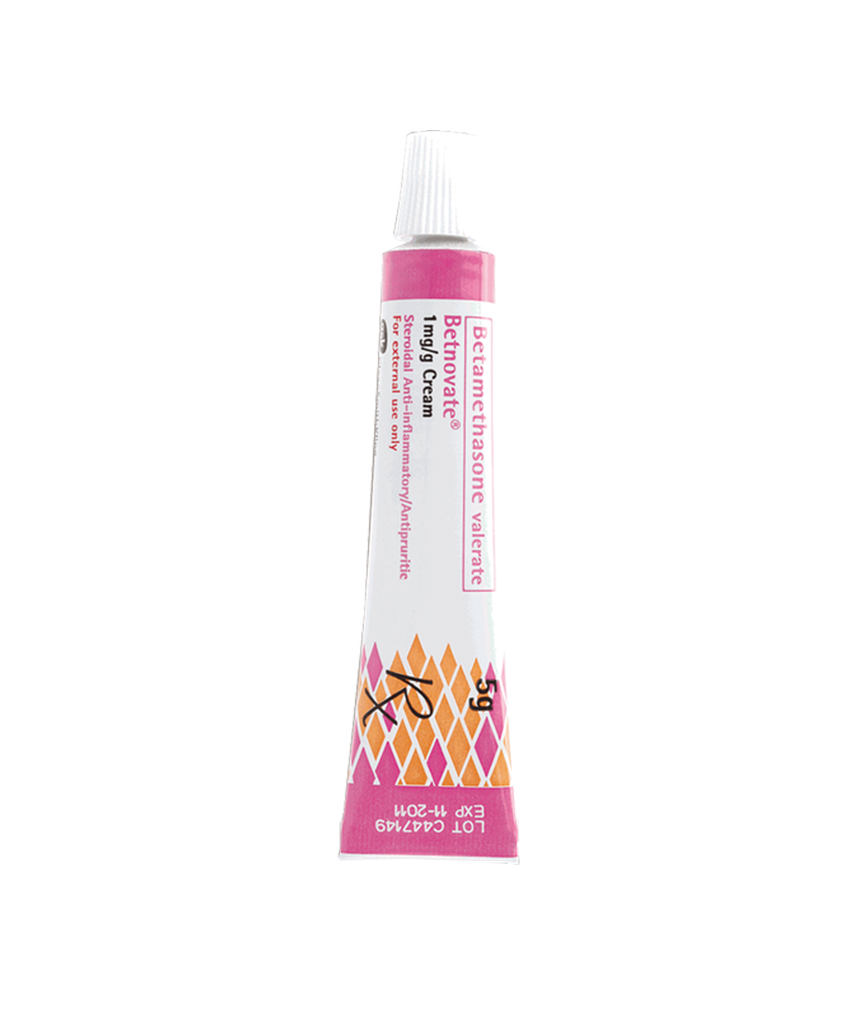

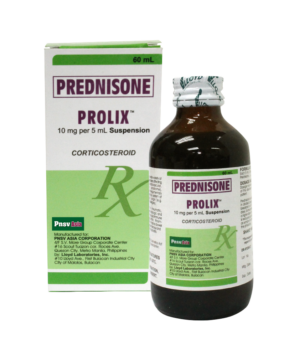
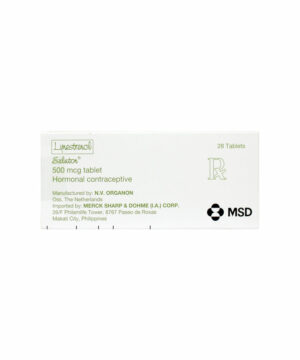




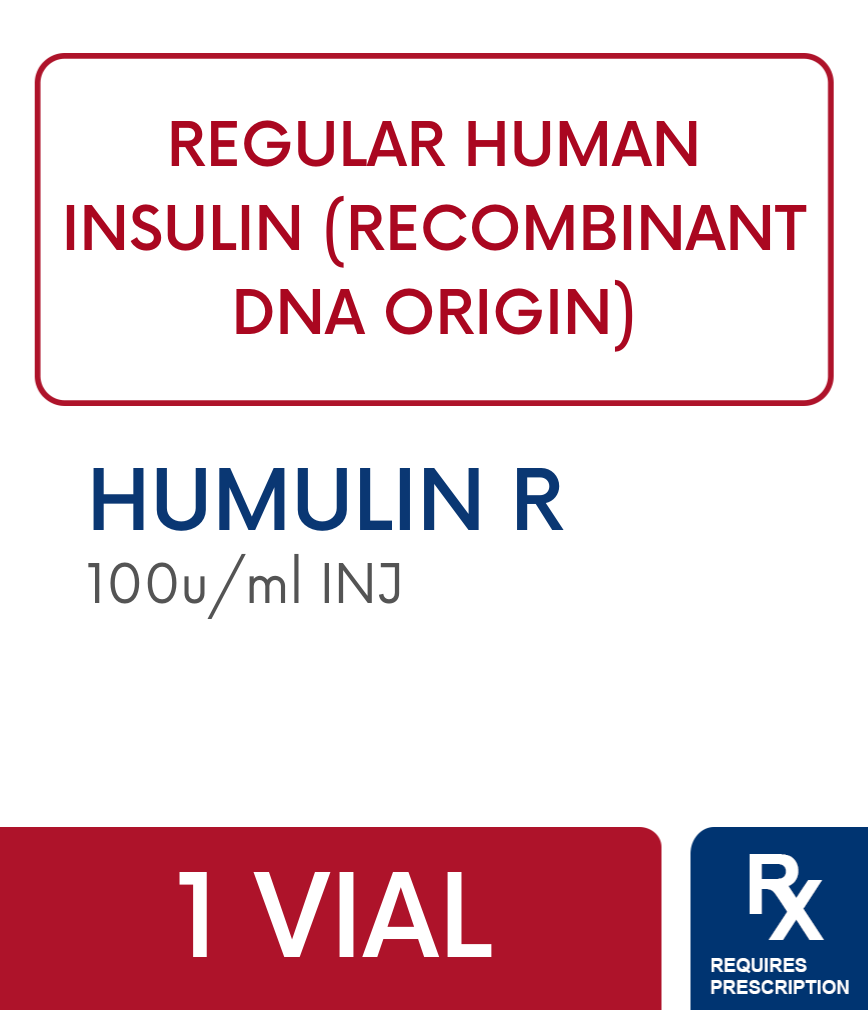
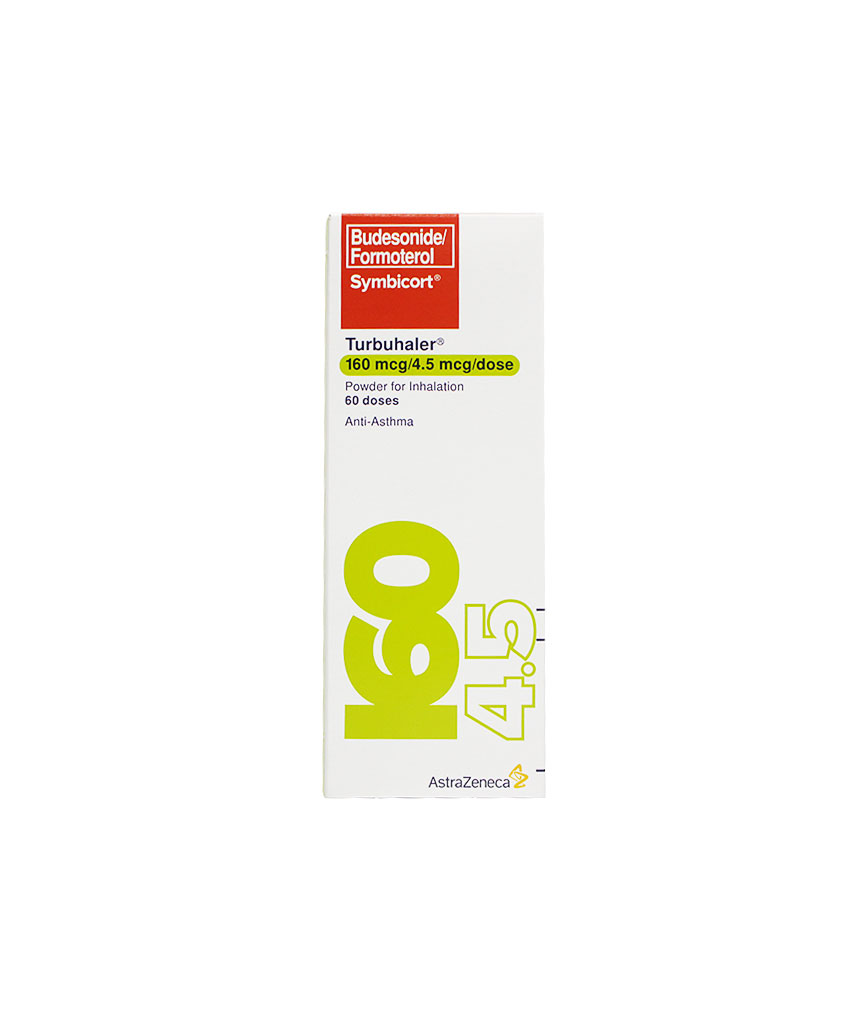



Reviews
There are no reviews yet.